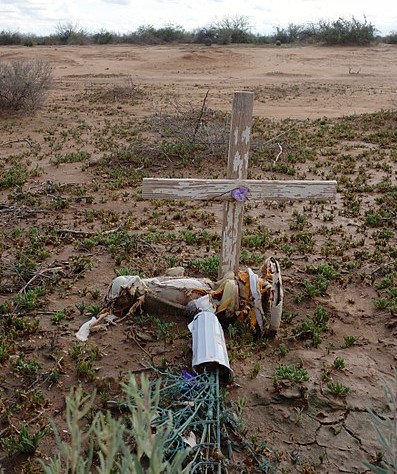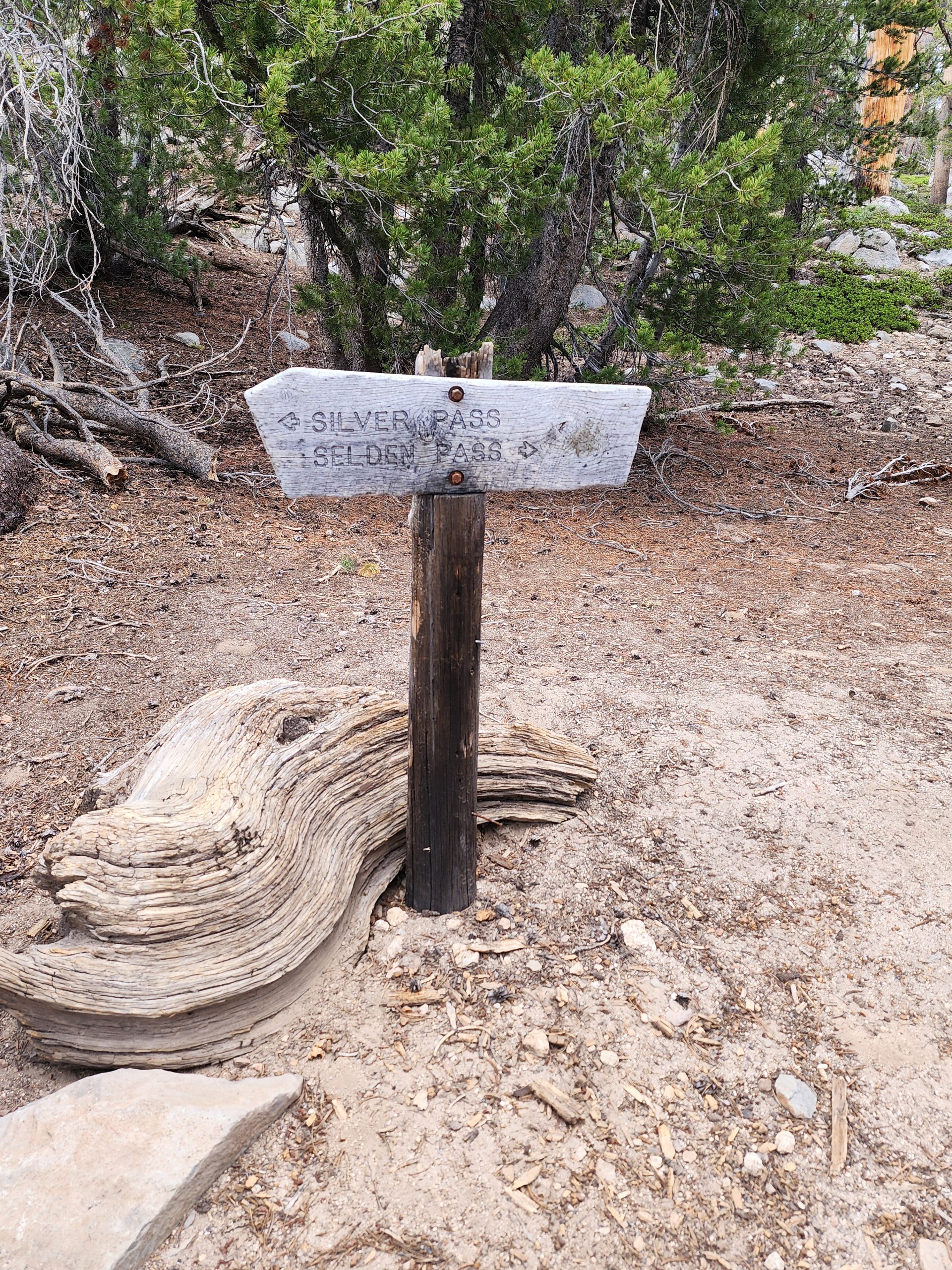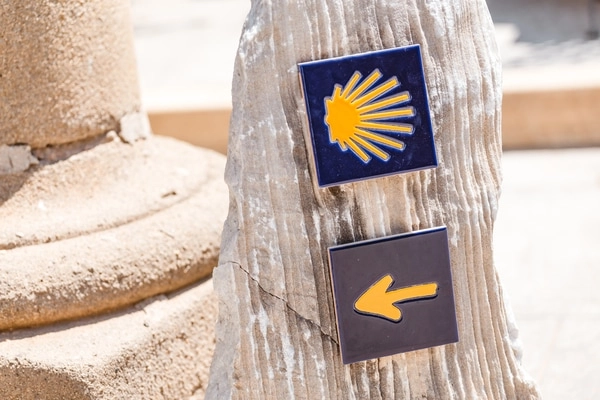There’s a quiet shift happening.
The kind you don’t always notice at first—not dramatic, not loud.
But it’s there.
In the stillness.
In the pause before the next step.
In the way your breath settles just a little deeper.
And I think the Camino is already beginning to do its work:
It’s recalibrating my compass.

For so long, life has been busy.
Not necessarily bad — just full.
Full of commitments. Deadlines. Expectations.
Even in good ministry, the pace can become disorienting.
But a pilgrimage isn’t just a pause.
It’s a reorientation.
A return to something truer.
Simpler.
More aligned with God.

The trail is helping me ask different questions.
Not “What do I need to get done today?”
But “What is God forming in me today?”
Not “Am I productive?”
But “Am I present?”
Not “Where am I going?”
But “Am I going with grace?”

This recalibration is slow.
It doesn’t come all at once.
But each day, each quiet walk, each act of letting go—
it’s gently tuning the inner compass again.
Less noise.
More clarity.
Less proving.
More peace.

This Week’s Camino Question:
What’s guiding your steps lately — urgency, or grace?
And what might need to shift to walk more aligned with God?
A Pilgrim’s Reorientation
Gracious God,
In the stillness of this path,
reset my heart.
Quiet the noise of expectation
and tune me again to Your gentle voice.
When I am pulled in many directions,
turn me back to the way of peace.
When I feel lost in purpose,
remind me that presence is enough.
Walk with me, step by step —
not only to guide my feet,
but to steady my spirit.
Help me let go of urgency,
and walk by grace.
Amen.
Buen Camino, friends.
Thank you for walking this journey with me.
Buen Camino
Fr. Don+
























